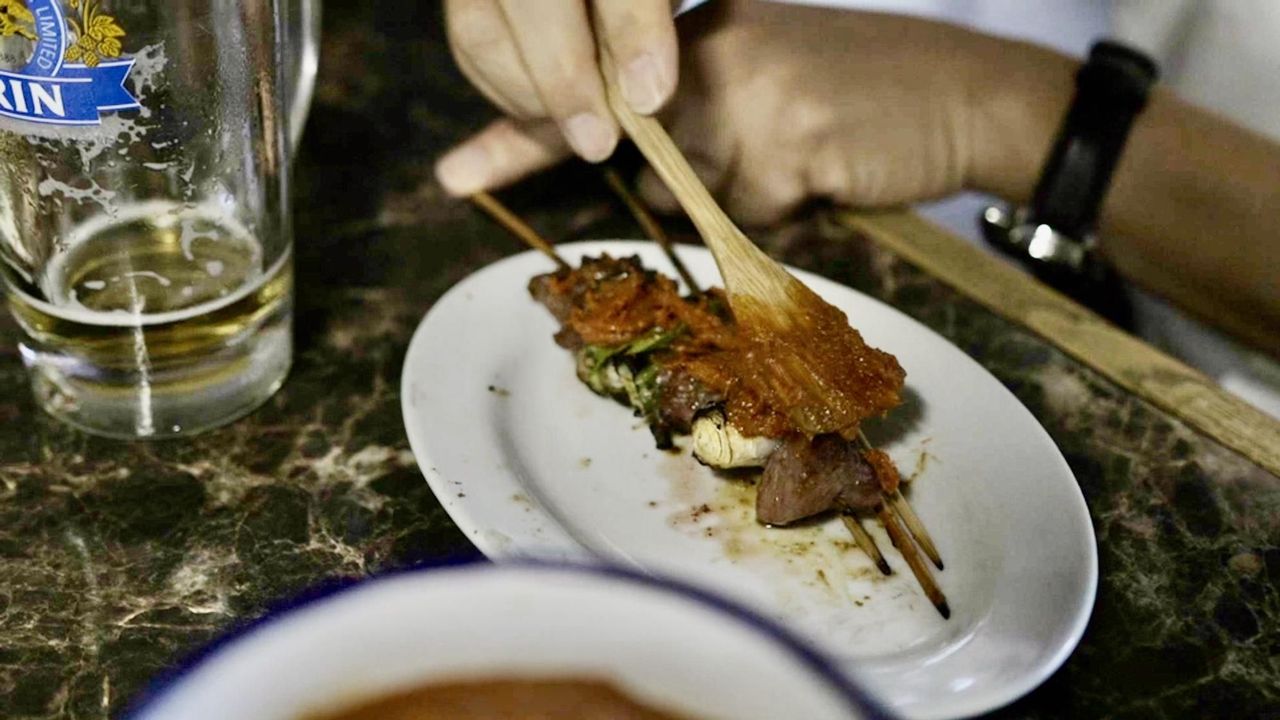The article introduces a family in Japan that managed to survive the post-war era by turning to the food business. Starting with chicken yakitori and later incorporating pork into their delicacies, the family navigated the trials of the post-war economy and societal changes. The family's food business provides a tangible record of the changes across decades and shows the resilience of Japan's local businesses.
In Japan, food is deeply embedded in the culture, and businesses such as this family one carry with them stories of national resilience and identity. The shift from exclusively serving yakitori – skewered, grilled chicken – a common street food, to including pork was perhaps necessitated by the challenges the locality and nation faced post WWII.
In the US or EU, similar stories can be found in independent family-run businesses, especially restaurants. Such businesses often symbolize familial unity and tradition, just like in Japan. However, the specific implications and context of the post-war era give a deeper significance to this Japanese family's story.

